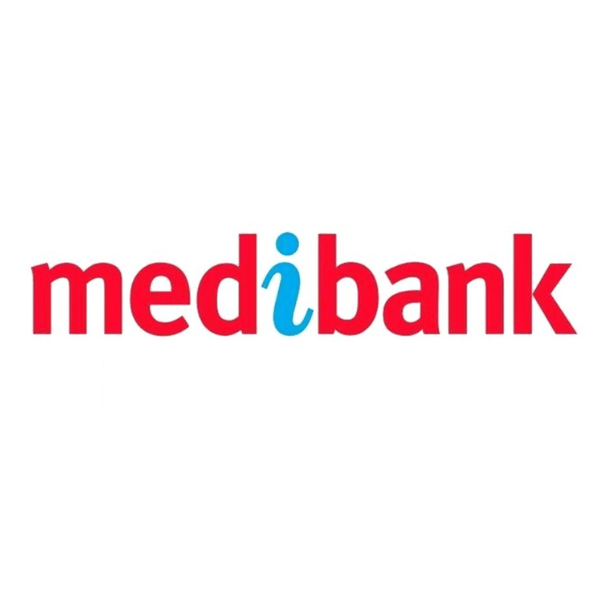

For many young Aussies, talking about mental health with their parents can feel as daunting as explaining why a TikTok went viral — generational gaps are real, and totally normal.
But despite the 'Okay Boomer' memes and occasional internal eyerolls, it turns out parents are the ones young people most want to open up to.
"Young people are telling us that their parents are the people they really want to talk to more than anybody about their mental health," said Dr Andrew Wilson, a psychiatrist and Medibank's Chief Medical Officer.




























































































